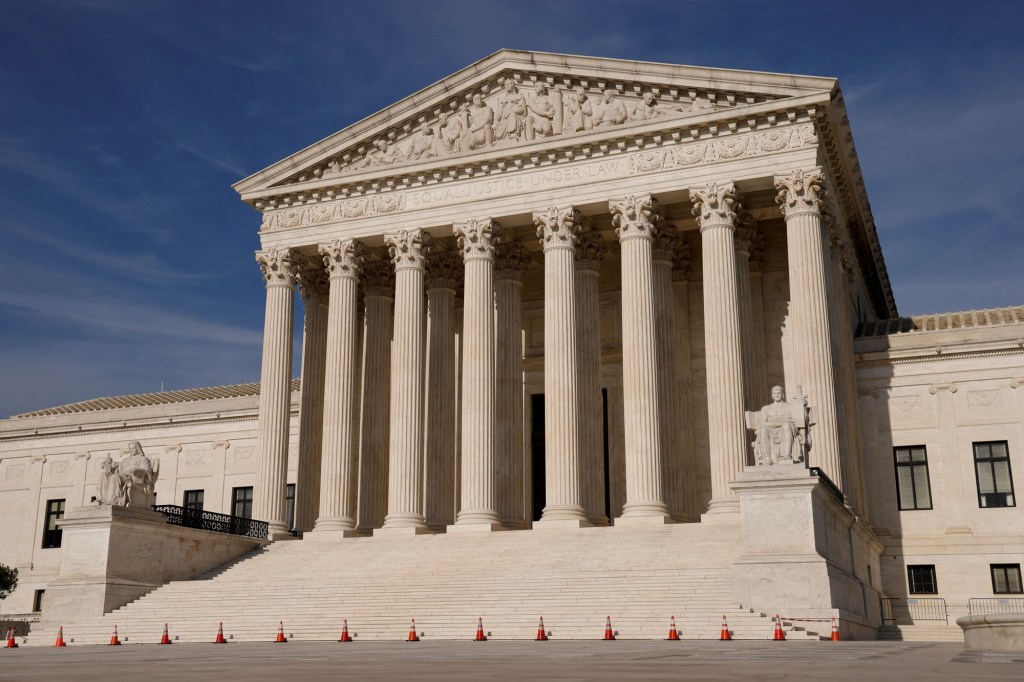9/2/21 Update: The Supreme Court voted late Wednesday night to allow a restrictive abortion law in place.
The 5-4 voted denied an emergency appeal from abortion providers and others who wanted the court to block enforcement of the law.
___________________________________________________________________________________________________
Original Story (9/1/21): The strictest abortion law since the 1973 Roe v. Wade Supreme Court decision took effect in Texas at midnight Wednesday morning.
Gov. Greg Abbott signed the abortion bill into law back in May 2021. It bans abortions after a heartbeat could be detected, which usually happens around the sixth week of pregnancy. This rules out 85 percent of abortions in Texas.
At least 12 other states have banned early pregnancy abortions. What makes the Texas abortion law unique is how it is enforced. Instead of relying on officials to be responsible for enforcement, the law allows private citizens to sue abortion providers, as well as anyone involved in facilitating an abortion. Anyone who successfully sues could receive at least $10,000 for their efforts.
Ahead of the abortion law taking effect, abortion providers in the state asked the Supreme Court to weigh in on the law. All of the similar laws passed in other states have been blocked from going into effect.
The unique enforcement scheme in Texas makes it difficult to challenge the law in court because it is harder to know whom to sue over the abortion law. Because the other states’ laws would be enforced by government officials, plaintiffs can easily file a suit against those officials.
The Texas law would be at odds with the nearly 50 years of Supreme Court decisions in the wake of Roe v. Wade. Typically, those rulings prohibited states from regulating abortions before the fetus can survive outside the room. That typically comes around the 24-week mark of pregnancy.
“Texas politicians will have effectively overturned Roe v. Wade. We have filed an emergency motion in the Supreme Court to block this law before clinics are forced to turn patients away,” Nancy Northup, president and CEO of the Center for Reproductive Rights, said in a statement. According to Planned Parenthood spokeswoman Sarah Wheat, clinics in Texas have stopped scheduling abortions beyond six weeks from conception.
Kimberlyn Schwartz, a spokeswoman for Texas Right to Life, said the court should allow the abortion law to stay in effect. The organization has set up a website where people can leave tips alleging violations of the new law.

